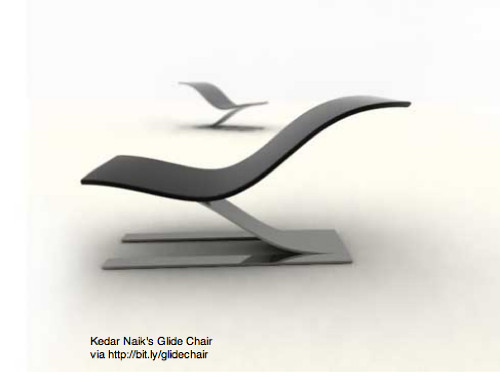Â
Â
Ed Yong offers a particularly nice write-up of some studies about how physical experience shapes emotion, opinion, thinking, and so on. TKTK:
When you pick up an object, you might think that you are manipulating it, but in a sense, it is also manipulating you. Through a series of six psychological experiments, Joshua Ackerman from the Massachusetts Institute of Technology has shown that the properties that we feel through touch - texture, hardness, weight - can all influence the way we think.
Weight is linked to importance, so that people carrying heavy objects deem interview candidates as more serious and social problems as more pressing. Texture is linked to difficulty and harshness. Touching rough sandpaper makes social interactions seem more adversarial, while smooth wood makes them seem friendlier. Finally, hardness is associated with rigidity and stability. When sitting on a hard chair, negotiators take tougher stances but if they sit on a soft one instead, they become more flexible.
Makes me wonder: Could the chair you sit in shape your psychotherapy session?
According to Ackerman, these effects happen because our understanding of abstract concepts is deeply rooted in physical experiences. Touch is the first of our senses to develop. In the earliest days of our lives, our ability to feel things like texture and temperature provides a tangible framework that we can use to understand more nebulous notions like importance or personal warmth. Eventually, the two become tied together, so that touching objects can activate the concepts that they are associated with.
This idea is known as "embodied cognition" and the metaphors and idioms in our languages provide hints about such associations. The link between weight and importance comes through in phrases such as "heavy matters" and the "gravity of the situation". We show the link between texture and harshness when we describe a "rough day" or "coarse language". And the link between hardness and stability or rigidity becomes clear when we describe someone as "hard-hearted" or "being a rock".
Get it all at Heavy, rough and hard - how the things we touch affect our judgments and decisions
Original Joshua Ackerman study is in Science, at http://dx.doi.org/10.1126/science.1189993

